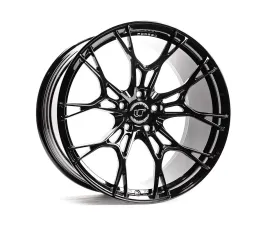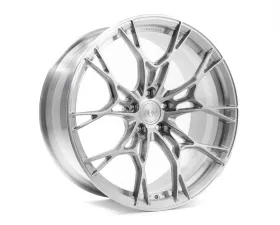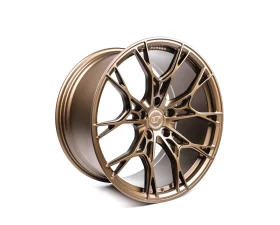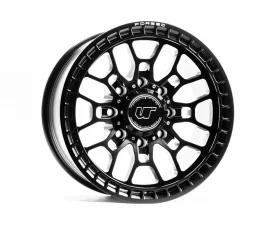Wheels by Vehicle
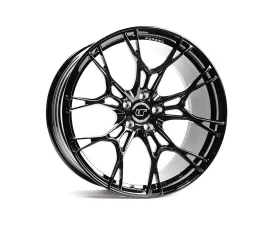
VR Forged D01 Wheel Set Ferrari 488 20x9.0 21x12 Gloss Black
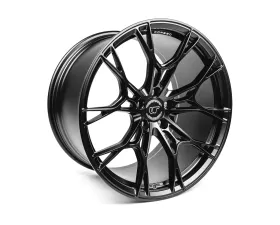
VR Forged D01 Wheel Set Ferrari 488 20x9.0 21x12 Matte Black

VR Forged D01 Wheel Set Ferrari 488 | F8 Tributo 20x9.0 21x12 5x114.3
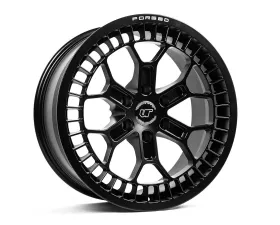
VR Forged D02 Wheel Set Ford Raptor F-150 | Bronco Raptor 20x9.0 Matte Black
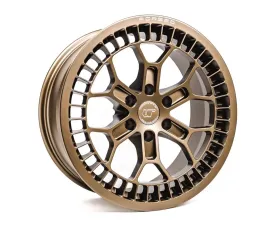
VR Forged D02 Wheel Set Ford Raptor F-150 | Bronco Raptor 20x9.0 Satin Bronze
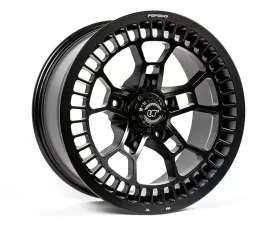
VR Forged D02 Wheel Set Toyota Tundra | Land Cruiser 18x9 +12mm 5x150

VR Forged D03 Wheel Set Audi R8 | Lamborghini Huracan 20x9.0 21x12 5x112

VR Forged D03 Wheel Set Audi R8 | Lamborghini Huracan 20x9.0 21x12 Matte Black
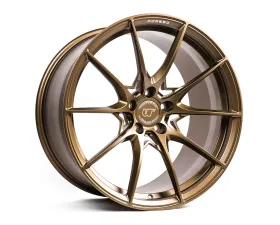
VR Forged D03 Wheel Set Audi R8 | Lamborghini Huracan 20x9.0 21x12 Satin Bronze

VR Forged D03 Wheel Set BMW 3 Series | 4 Series F3X 19x8.5 19x9.5 5x120

VR Forged D03 Wheel Set BMW M3 G80 | M4 G82 | M2 G87 20x10 20x11 5x112

VR Forged D03 Wheel Set BMW M3 G80 | M4 G82 | M2 G87 20x10 20x11 Matte Black

VR Forged D03 Wheel Set Corvette C8 20x9.5 21x12.5 Gloss Black
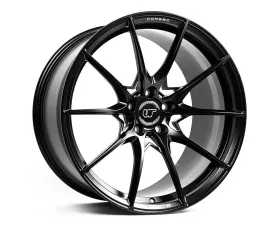
VR Forged D03 Wheel Set Ford Mustang S550 S650 20x10 20x11 5x114.3
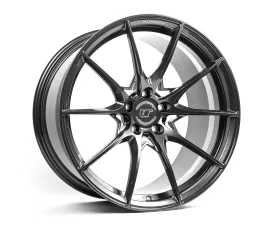
VR Forged D03 Wheel Set Ford Mustang S550 S650 20x10 20x11 Gunmetal

Why Should I Install Aftermarket Wheels on My Car?
Aftermarket wheels plays a large role in the automotive industry. It gives car owners the freedom of expression when it comes to style and performance. Aftermarket wheels can set your car apart from the crowd even if the crowd has the same car as you. It wasn’t always the case.
Taking a history lesson: When the automobile was Invented by Karl Benz in 1886, it used wheels from a horse-drawn carriage. The first car looked like a horse drawn carriage, only there were no horses. The Ford Model T’s wheels looked like they came from a motorcycle. Until after World War II, wheels on cars looked the same. The only difference you can make was the paint.
But now, there are tons of wheel manufacturers that make stunning wheels for your daily drivers, sports coupes, grand tourers, limousines, off-road trucks, luxury SUVs, supercars and muscle cars. Some companies even make wheels for the humble trailer.
The most obvious reason to install aftermarket wheels is because of style. Let’s be honest, factory wheels are boring. Even the ones that come with expensive supercars and sports cars are uninspiring. Factory wheels are made boring because maybe they wanted to help the aftermarket wheel industry. Or maybe because, like the sound system, exhaust system, and the intake manifold, the wheels are the ones they elected to cut costs on. And it shows.
Mind you, you not only have a ton of wheel designs and colors to choose from, you can also get wheel according to your needed performance. And this is for the wheel nerds like we are at Vivid Racing. We will differentiate the kinds of wheels according to construction. And then you decide which one best suits you and your ride.
Cast Wheels
Casting aluminum wheels is the most common manufacturing process for alloy wheels on the market. These wheels are made as molten aluminum is poured - or drawn in with a vacuum - into a mold which forms the material into the desired wheel shape. The aluminum cools and then it is machined, drilled and trimmed into the final wheel.
This is the least expensive wheel manufacturing technique. This, in turn, makes them really affordable. However, the process of allowing the molten aluminum to solidify can lead to porosity. Porosity means that there are inconsistencies in the material structure which can lead to cracking and the overall reduction of the wheel’s structural integrity. Because of porosity, manufacturers have to use more material just to make the wheels stronger, which leads to heavier wheels.
Some of the most notable manufacturers of cast wheels are Enkei, Fifteen52, Drag Wheels, Klutch, and Weds Wheels. Vivid Racing carries a plethora of wheels from these manufacturers and many others that produce high quality cast wheels in a myriad of sizes.
Forged Wheels
On the opposite side of the spectrum comes fully forged wheels. Forged wheels are strong and light, but those properties often come with a steep price. When you see how these wheels are made and how much material is used it makes sense why these wheels fetch such a high price. The wheel will start out as a solid piece of billet aluminum. From there, a press will create the wheel using high pressures and hammer out the wheel to its shape.
In Forgeline’s process, the wheel starts at about 100 pounds, then they turn it and get it down to 45-50 pounds. Then they put it in a Computer Numerical Control (CNC) mill and they get it down to about 19.5 pounds for an 18-inch wheel. A lot of forged material is cut away to leave behind the strong wheel.
And then there are companies who boast a 100% aluminum wheel that undergo a mold-form forging process. Volk Racing and Advan Racing are companies known for doing this. Rays' forged wheels are made using design mold-form forging technology, which involves the use of a dedicated mold for each type of wheel and a differently shaped mold for each process.
BBS even forges its wheels from high quality billet aluminum and Duralumin which makes their wheels super strong and super light, and slightly more expensive because of the use of exotic materials.
Titan7, Adv.1, Forgeline, Volk Racing, and Advan Racing are te premier manufacturers when it comes to fully forged wheels. But they aren’t all there is. Vivid Racing has an expansive selection of forged wheels from other renowned manufacturers as well. It would be impossible not to find what you want.
Flow Formed Wheels
Finally, we get to the wheel that presents us with the best of both worlds. This methodology is also referred to as Flow Forged or Forged Hybrid. The reality is there is nothing forged about these wheels. The process to flow form a wheel is the wheel is cast, just like any other cast wheel, however the die for the barrel portion of the wheel is narrower than the final wheel will actually be.
Once the cast is made the unfinished wheel is placed on a machine where the wheel is heated to over 400 degrees and then spun. A spinning disc contacts the wheel and widens the barrel of the wheel forming the final shape and width of the wheel. This process of heat and pressure helps strengthen the aluminum in the barrel portion of the wheel.
Majority of performance wheels in the market are flow formed, most notably, Enkei’s wheels that are constructed under the MAT process. For example, the legendary RPF1. Other companies that produce outsanding flow formed wheels are Work Wheels, Forgestar, SSR, WedsSport, and gramLights. Vivid Racing has a large inventory of flow formed wheels that will be perfect for your performance car.
Already know which type of wheel to go with? Buy online or give one of our world-class professionals a call at 1-480-966-3040.

.jpeg?q=90&p=thumb&w=200&h=200)
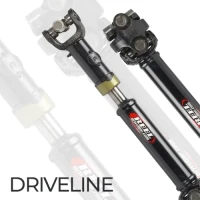
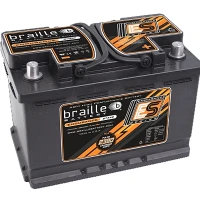
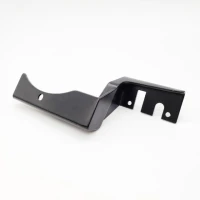




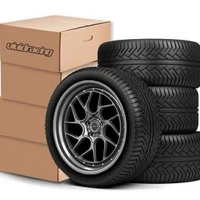

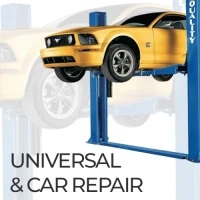
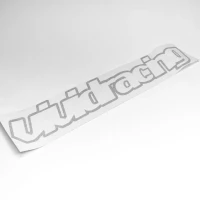
.jpeg?q=90&p=thumb&w=40&h=40) Brakes
Brakes  Driveline
Driveline  Electronics
Electronics  Handlebars & Controls
Handlebars & Controls  Package Deals
Package Deals  Wheel Accessories
Wheel Accessories  Wheels by Vehicle
Wheels by Vehicle  Tools and Maintenance
Tools and Maintenance  Universal & Repair
Universal & Repair  Vivid Racing Gear
Vivid Racing Gear 